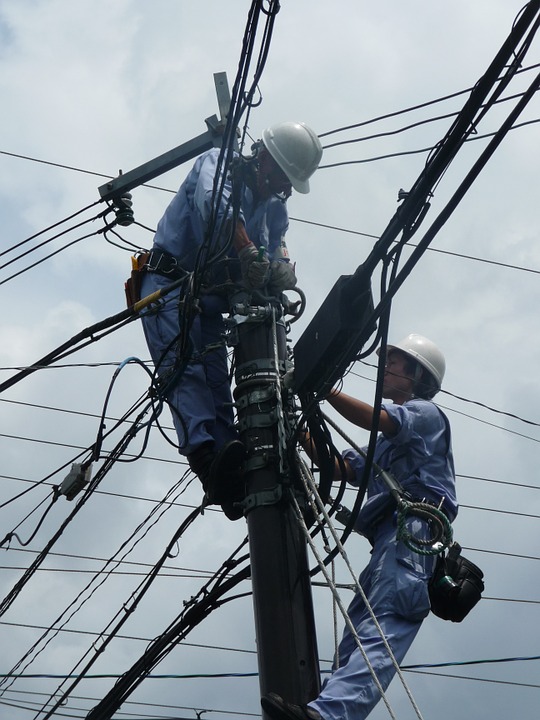Electricians aren’t just the new super heroes of electricity. They can also be found working on
other projects, such as rewiring fixtures or lighting fixtures, checking for potential safety hazards
and fixing electrical problems. Their wide range of skills allows them the ability to do a wide
variety of tasks that would otherwise be beyond their expertise. Electricians can check things
you didn’t know about. Let’s take a look at what causes fires and why some people are unable to
use their home appliances. And some tips for keeping your home safe.
At least one person has probably heard the name of an electrical contractor. They are the guys
who fix broken light bulbs or those whose wires are frayed or busted. They also help to change
the wiring in your electrical system to make it safer. These skilled workers are responsible in
making all kinds and moving things around within electrical systems. They are responsible for
wiring electrical systems correctly so that everyone works together and no one gets hurt.
There are many types of accidents that electricians can prevent. They are responsible for
avoiding flames. They know when different types and types of flames can start so they know
how to cut and fix wiring quickly so that everyone can get out of harm’s way. They can recognize
different signs of a blaze, such as smoke, carbon monoxide and so can stop it before it
escalates.
Other skills that Electricians learn include thermal safety and handling different types wiring.
They also recognize the various types fuse boxes. These skills can be obtained through
apprenticeship programs or formal education at a technical college. Depending on your skill
level and where you live, you might need to attend additional training each year. By continuing to
gain experience and build your career base with better skills, you’ll have less risk of having an
electrical accident in the future.
There are many other reasons why some electricians may choose to take on more
responsibility. An electrician can handle customers or work on large-scale construction projects.
In both cases, you may need to learn more safety training. You may be at risk of injury if you
work in a high-stress environment.

The good news is that electricians don’t have to go through the same schooling. You can easily
find someone who works alone or in small shops. Most of the time they won’t have to undergo
the same training programs required of new workers. It is important to understand that
electricians require a lot more practice and training. You will need to know about electricity,
digital and analog electrical currents, common wiring patterns, voltage and frequency safety, and
other methods of wiring. These are all vital topics that every industrial electrician must know.
Some electricians specialize in HVAC (heating and ventilation, air conditioning) mechanics,
electrical distribution, generators, etc. It takes four to eight years to become a journeyman
electrical contractor. A master electrician can finish training in as little at 12 years. Electricians
with more work experience work for larger electrical companies or work for themselves. This is
because master electricians complete a series of specialized apprenticeship programs.
Journeyman electricians typically begin their careers as a journeyman.
The growth in electrician jobs has been stimulated by both new residential and commercial
building constructions, as well as the increased demand for reliable, efficient and safe electrical
services. There are now more electrical wiring jobs available than there have ever been before.
The demand for experienced electricians is growing, as well. It would be in your best interests to
become certified as an electrician as quickly as possible. After completing your education and
working as an apprentice at least two years, the practical skills and education required to
become a licensed electrical contractor will be available.
